Why is Brazilian Jiu-Jitsu not in the Olympics, and What Would It Take to Become an Olympic Sport?
Introduction
Sports are a great escape from everyday life, and they bring excitement to the lives of everyone involved. Brazilian Jiu-Jitsu (BJJ) is a tussling fighting sport that focuses on locking joints and chokeholds (Tarver & Levy, 2023). It was developed in the early 20th century and applies the principles of knowledge in the human anatomy, angles, leverage, pressure, and timing to ensure that an opponent submits without using violence (Hinz et al., 2021; Bartoli, 2024). BJJ is believed to have its roots in Kodokan judo, which was introduced by Mitsuyo Maeda (who was a Judo master) in 1914, and the Gracie family from Brazil (Rio de Janeiro), mainly Carlos and Helio are associated with it (Spartacus, 2024). Throughout the years, BJJ has evolved from being a type of self-defense to introducing a new dimension of close-quarter combat. BJJ has grown in popularity worldwide because it is highly effective in mixed martial arts (MMA) and self-defense. The sport has many participants and several stars, which has helped it rise in popularity (for example, Gordon Ryan) (Quiggins, 2023).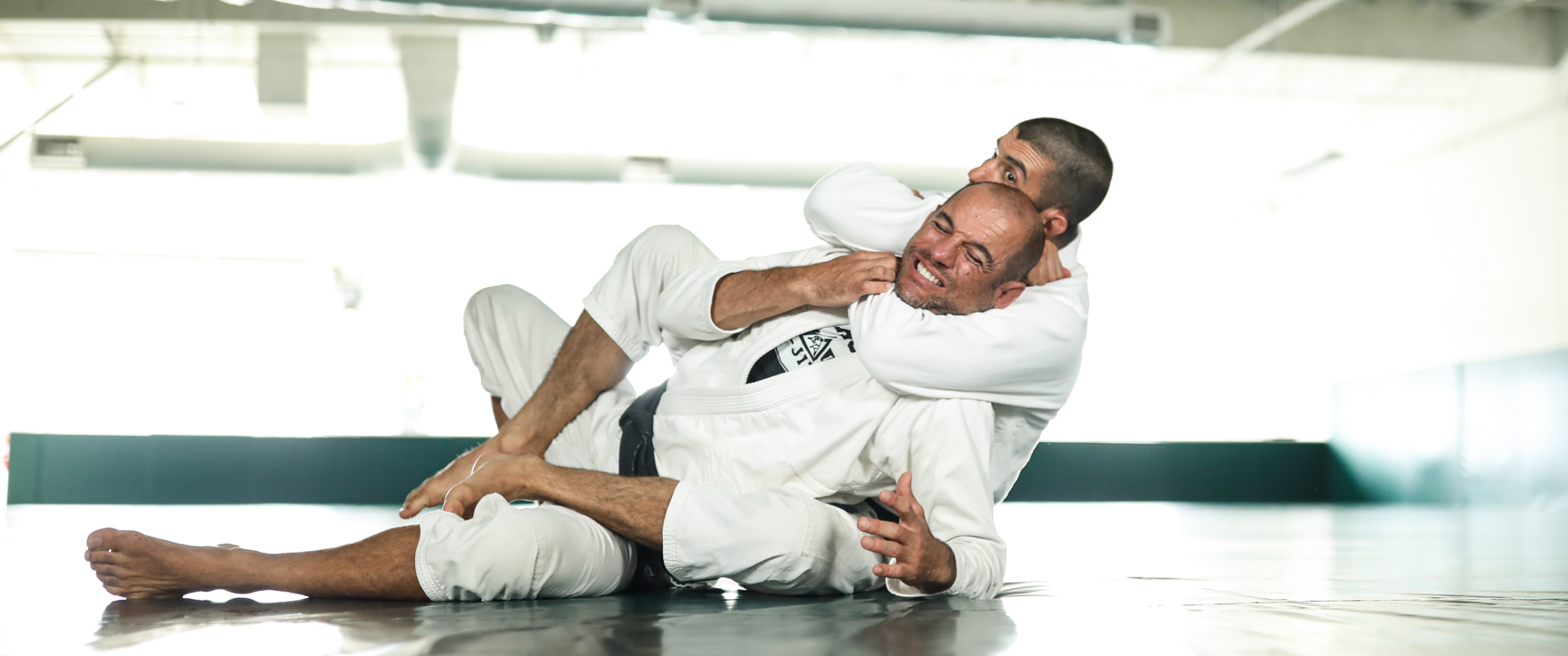
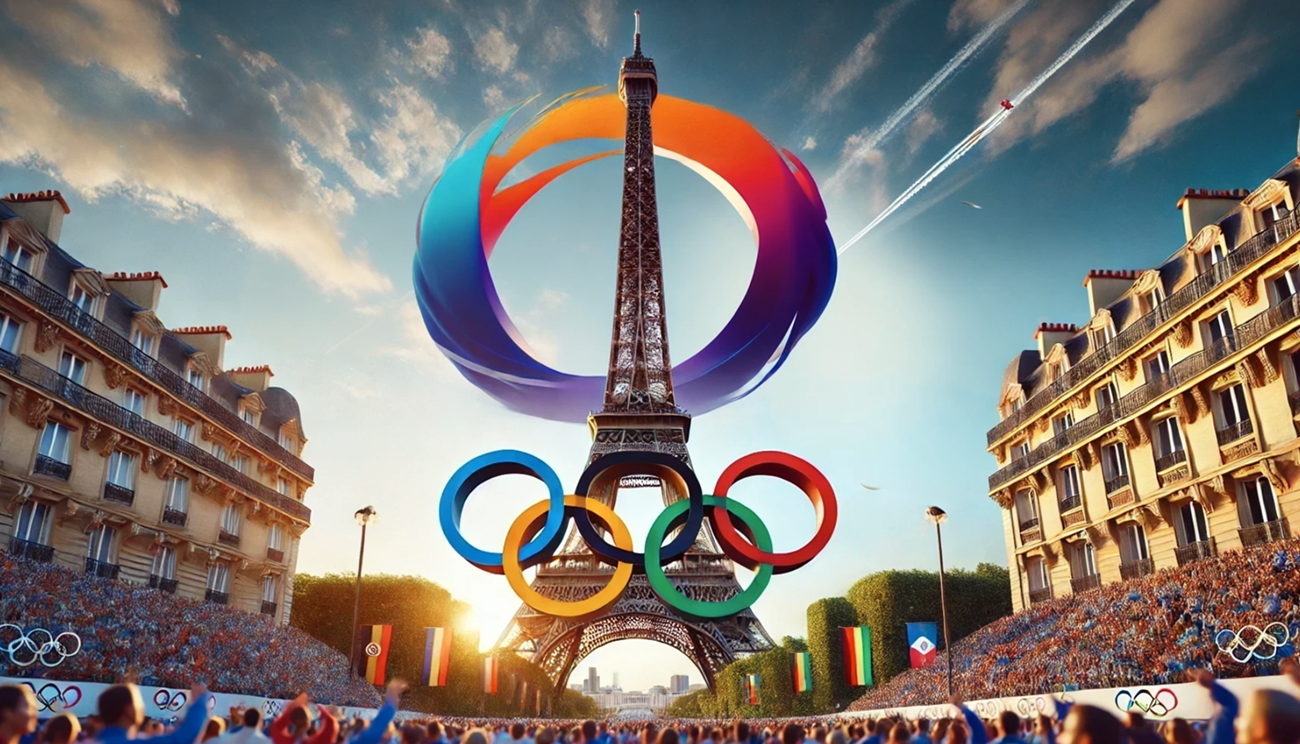
Current Status of BJJ
The major organizations for BJJ include the International Brazilian Jiu-Jitsu Federation (IBJJF), the Abu Dhabi Combat Club (ADCC), and the United Arab Emirates Jiu-Jitsu Federation (UAEJJF). These entities are responsible for providing the uniform and belt promotion structure for the BJJ community, setting rules and regulations, and organizing competitions globally for BJJ fighters. However, they do not offer schools for BJJ fighters to learn from or feel like they belong in a community (Elite, 2024). BJJ's most prominent competitions include the IBJJF World Championships, the ADCC Submission Wrestling World Championship, and the UAEJJF Abu Dhabi World Professional Jiu-Jitsu Championship. These competitions offer an environment for BJJ competitors to showcase how skilled they are in BJJ and also learn from the best fighters globally. Additionally, BJJ is acknowledged by several sports bodies (for example, the Sports Councils of England (Ukbjja, 2022)); however, it is yet to be recognized by the International Olympic Committee (IOC) (Wray, 2022).
Criteria for Olympic Inclusion
For a sport to be included in the Olympics, it has to be initially governed by an International Federation (IF), which is essential because it shows that the sport will follow the rules of the Olympic Charter, the Olympic Movement Code that stipulates that competitions should not be manipulated and outlines measures to ensure that this is followed, and the World Anti-Doping Code (IOC, n.d.). Moreover, the IOC considers how long the sport has existed (its history and tradition) whereby, if a sport has a rich culture, many people will accept it since it is culturally significant, and this will help in the growth of this sport, the amount of value that the sport will provide to the legacy of the Olympics (if it follows the Olympics' values and principles) whereby the sport must follow the core principles of the Olympics like allowing for inclusion, sportsmanship and fair play, how popular the sport is, and if the sports holds regular competitions (Pruitt-Young, 2021).
Challenges Facing BJJ's Olympic Inclusion
Absence Of A Uniformed Governing Body
There are numerous reasons that may explain the exclusion of BJJ in the Olympics. To begin with, BJJ does not have a unified governing body. It has been around since the 20th century, and there have been different governing bodies globally for the sport over the years. The problem with this is that
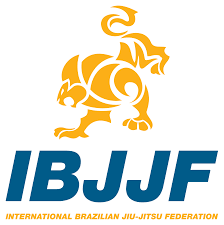
each body has its policies, rules, and regulations (Peachey, 2023). Having one body means that BJJ will have a standardized set of rules and regulations, policies, and the criteria to be met for an individual to participate in the Olympics
Varying Rulesets
Additionally, since there are numerous bodies for BJJ, each body has its own rules, which is a major issue according to the Olympic committee (Peachey, 2023). The athletes from these bodies follow different rules while competing, and each body lays emphasis on different areas of the game. In other words, they vary in the uniforms and techniques athletes use while fighting, which underscores the massive difference in these organizations. For a sport to be a part of the Olympics, it must have the same set of global rules. Moreover, there are different styles of BJJ: Gi, where the competitors put on uniforms similar to those used in Judo, or No-Gi, where the competitors do not use these uniforms (Zivanovic, 2021). These styles vary in that they affect the concept used in grappling.
have the same set of global rules. Moreover, there are different styles of BJJ: Gi, where the competitors put on uniforms similar to those used in Judo, or No-Gi, where the competitors do not use these uniforms (Zivanovic, 2021). These styles vary in that they affect the concept used in grappling.
Overlap With Other Olympic Martial Arts
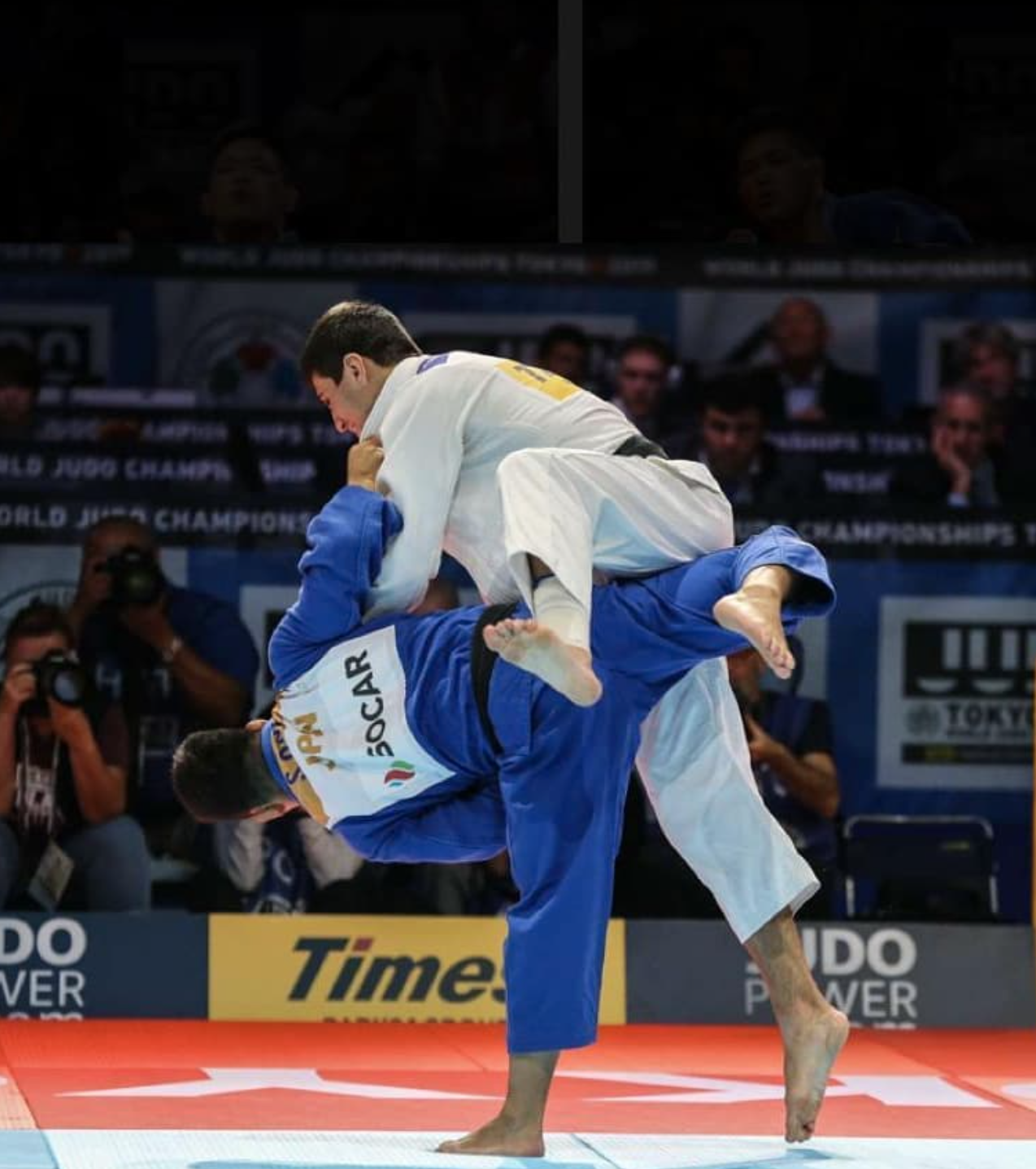
Moreover, the Olympic Games have sports that have martial arts concepts similar to those used in BJJ (for example, Judo and Martial Arts). Therefore, there is the potential that many people may not have as much interest in BJJ since it shares the same concepts and techniques as the sports that are already in the Olympics (Peachey, 2023). Also, Jiu-Jitsu athletes put on uniforms similar to those used by Judo athletes, and the tussling exchange starts from the feet with the aim of taking down one's competitor using sweeps, trips, and throws.
Lack Of General Viewer Appeal
Further, BJJ is not in the Olympics because people do not have enough interest in it. For example, Jones (2023) notes that ADCC 2022 attracted about 10,000 fans, but this is not enough for Olympic organizers to include it in the Olympics. BJJ is a popular sport, and it has a very vibrant and committed community, but it is essential for the Olympics to have a large number of viewers who are not well-versed in martial arts. This is so because a sport has to sell tickets and raise funds to finance the Olympics. In other words, the Olympics prefers sports and events that are exciting and that gather a large viewership. BJJ is very technical and complex, but it is not as entertaining to watch for everyone, which means it might not attract the numbers needed to make it profitable like other Olympic events.
Current Efforts and Progress
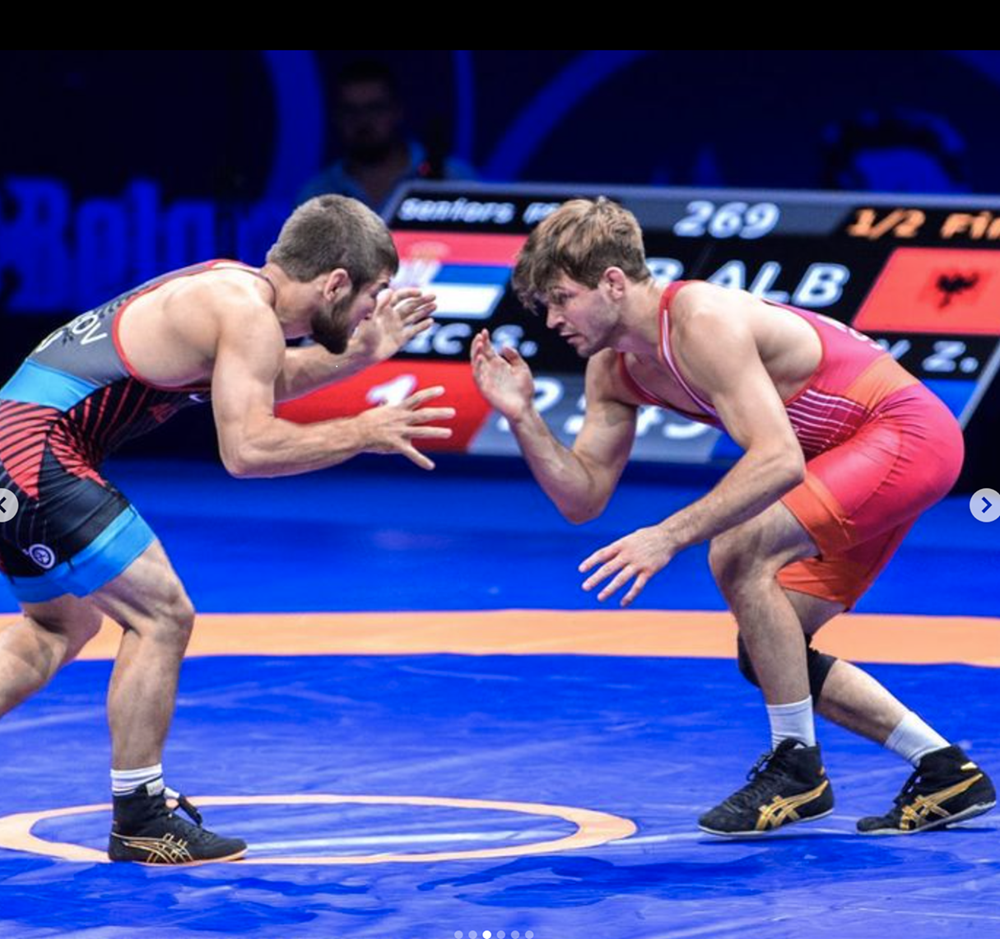
There are efforts to unify the major BJJ Organizations so that they can meet the standards set by the IOC due to the notable popularity BJJ has recently gained. The number of participants and viewers has also substantially increased globally. In 2014, the UAEJJ Federation, which is involved in organizing the World Pro, joined forces with the Ju-Jitsu International Federation (JJIF) so that they could achieve the aim of making BJJ a sport in the Olympics (Passela, 2021; Rowbottom, 2022). These two bodies came up with an action plan for this goal. Furthermore, Fischer (2021) puts forth that Jiu-Jitsu may be included in the 2024 Olympics, and Carlos Gracie Jr. said that the sport would adopt the IBJJF No-Gi rules with some minor modifications.
What It Would Take for BJJ to Become an Olympic Sport
For BJJ to become an Olympic sport, it has to overcome the above-outlined challenges. To begin with, it is crucial to have a unified global body to standardize the rules and simplify the process of organizing global competitions. The body will also assist in reaching a wider audience, which will, in turn, ensure that the Olympics considers it due to its large viewership base. Moreover, doing so will result in the Olympics identifying BJJ as a sport since an International Federation Organization for BJJ will have been formed. Therefore, by solving the governing issue, BJJ will increase its chances of being recognized as a sport by the IOC since this move will improve its global reach (by using the media to increase coverage), lead to the creation of standardized rules and regulations for international competitions, implementation of consistent training regimes globally and improve its popularity among non-participants in the sports leading to more ticket sales for the Olympics and thus profitability. Also, Sydney (2021) argues that the founded body will assist in addressing problems related to doping and ensure that all athletes follow the principles and values of the Games.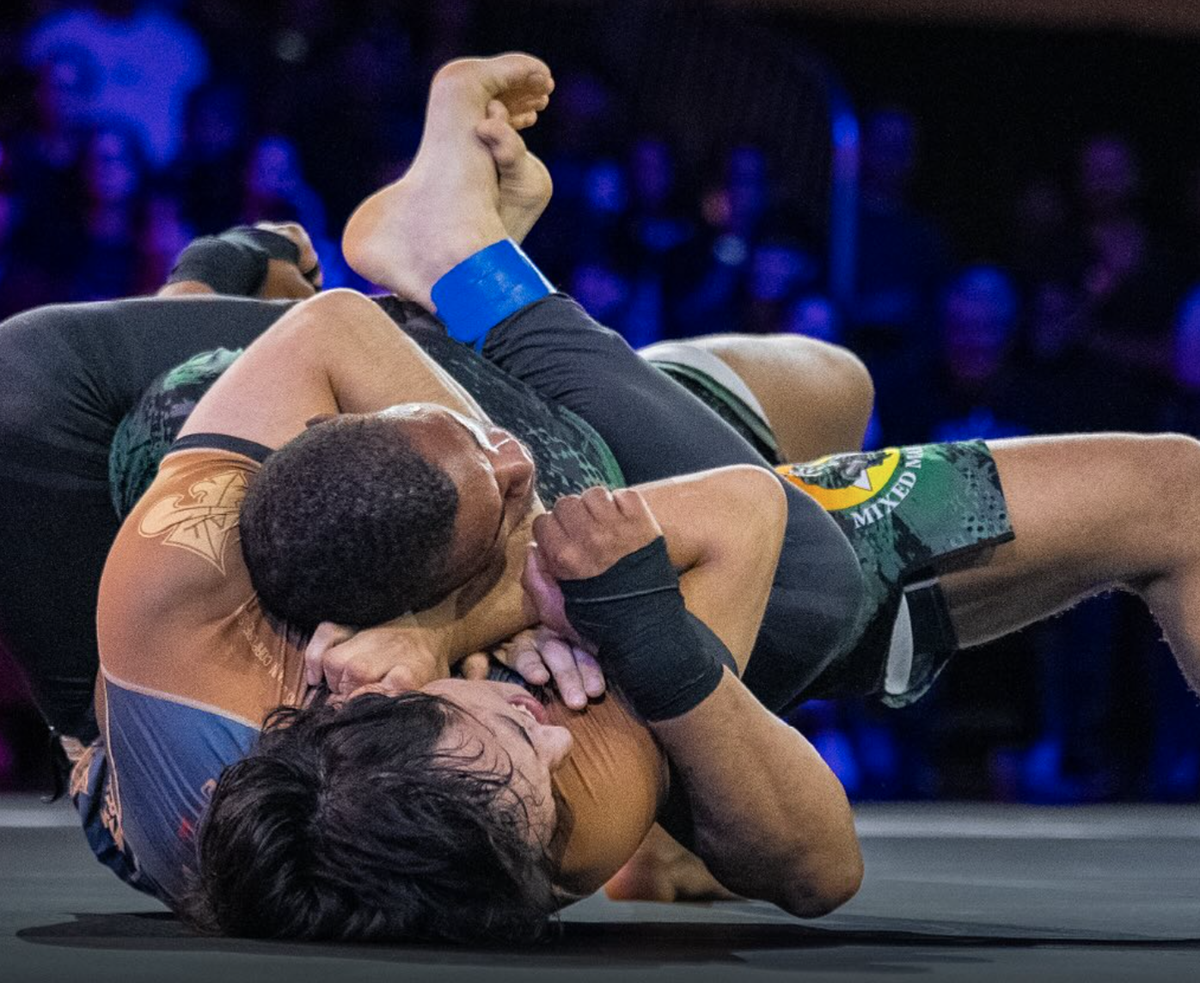
Case Studies
Judo
Judo first participated in the Olympics in 1964 and has been a part of this game since then (Matt C., 2023). For it to be recognized as a sport by the IOC, it started by forming a unified body (the International Judo Federation) in 1951 (Messner, 2024). This body standardized the rules of Judo globally so that competitions can be consistent. Moreover, the body promoted the sport globally, thus helping ensure it reached a large number of people, and the Olympics allowed it to continue doing so. Moreover, the IJF ensured that the created rules and regulations allow for fair competitions and a safe environment for the athletes according to the principles and values of the Games (Matt, 2023).
Taekwondo
Taekwondo has been in the Olympics since 2000 (Olympics, 2024). It was recognized as a sport by the IOC following the formation of the World TaeKwondo Federation (WTF) in 1973. The body promoted and regulated taekwondo globally and also oversaw international competitions (Dimitrov, 2022; Williams, 2023). The federation has standardized the rules and regulations of taekwondo competitions and created training programs for athletes, referees, and coaches. In addition, Williams (2023) notes that the body has organized several global events, which has significantly helped promote taekwondo worldwide.
One major lesson that BJJ can learn from the two case studies is that it is imperative to have a unified body to allow for the promotion of the sport and standardization of the rules and regulations for competitions. In turn, this will help BJJ meet the requirements of the IOC while ensuring that athletes follow its principles and respect its values (for example, fairness, sportsmanship, and inclusivity).
Expert Opinions and Interviews
In an interview, André Galvão, who holds several world BJJ and ADCC titles, said that one of the reasons that Jiu-Jitsu is not in the Olympics is because of its complex rules and a limited number of black belts in some countries. He suggested that No-Gi grappling should be included in the Games because of its dynamism. The champion also indicated that the matches should be short, that is about 5-6 minutes long (Bjjee, 2020). He also said that the sport is fast becoming professional, so there is no need to include it in the Olympics. Further, Galvão contended that its inclusion in the Games would end the existing Jiu-Jitsu championships and super fights and may even see several gyms close down (Bjjee, 2020). Galvão believes that No-Gi grappling should be included in the Games rather than Jiu-Jitsu.
Additionally, Fabio Gurgel believes that the sport should not become an Olympic sport because the sport’s command would shift to government sports ministries and be subject to several layers of state bureaucracy, which would be very inefficient. He was particularly concerned about the survival of the existing Jiu-Jitsu academies following the nationalization of the sport. Also, in an interview with Joe Rogan, John Danaher suggested that Jiu-Jitsu athletes should focus more on control and winning through submissions during a match to make the sport more palatable to watch, as this is what most viewers desire. In other words, including Jiu-Jitsu in the Olympic Games will subject the sport to rules that will limit athletes from “expressing the ideal of Jiu-Jitsu.”
Conclusion
It is fundamental for BJJ to have unified governance in order to be included as one of the events in the Olympics. By forming one governing body, BJJ will be able to standardize its rules and regulations for competitions, increase its global reach using the media, ensure that it adheres to the principles and values of the Olympics, and address the problems associated with doping. If the outlined steps are taken, it may be possible to fast-track BJJ's inclusion in the 2026 Olympic Games. This inclusion will be very beneficial to BJJ and the martial arts community because it will allow for the showcasing of unique skills on a global platform. Eventually, this should increase the global appreciation of the sport.
References
Bartoli, G. (2024) The Fundamentals of Brazilian Jiu-Jitsu, California State University San Marcos. MA. California State University San Marcos. https://scholarworks.calstate.edu/downloads/4q77g063z.
Bjjee. (2017, October 26). Jiu-Jitsu submitted for accreditation for the 2024 Paris Olympics. Bjj Eastern Europe. https://www.bjjee.com/bjj-news/jiu-jitsu-submitted-accreditation-2024-paris-olympics/
Bjjee. (2020, July 10). Galvao: 'No gi grappling instead of Jiu-Jitsu should be in the Olympics' Bjj Eastern Europe. https://www.bjjee.com/articles/galvao-no-gi-grappling-instead-of-jiu-jitsu-should-be-in-the-olympics/
Bjjee. (2024, January 25). Prominent BJJ Franchise Leader is Against Brazilian Jiu-Jitsu Being in The Olympic Games. Bjj Eastern Europe. https://www.bjjee.com/articles/prominent-bjj-franchise-leader-is-against-brazilian-jiu-jitsu-being-in-the-olympic-games/
Dimitrov, I. (2022). Evolution Of Taekwondo From Spiritual And Cultural Practice To A Martial Sport. International Scientific Congress. https://doi.org/10.37393/icass2022/74
Elite. (2024, May 16). The Top-Ranked Jiu-Jitsu Associations in the world. Elite Sports. https://www.elitesports.com/blogs/news/the-top-ranked-jiu-jitsu-associations-in-the-world
Hinz, M., Kleim, B. D., Berthold, D. P., Geyer, S., Lambert, C., Imhoff, A. B., & Mehl, J. (2021). Injury patterns, risk factors, and return to sport in Brazilian jiu jitsu: a cross-sectional survey of 1140 athletes. Orthopaedic Journal of Sports Medicine, 9(12), 232596712110625. https://doi.org/10.1177/23259671211062568
IOC. (n.d.). What are the conditions required for a sport to be recognized by the IOC? https://olympics.com/ioc/faq/sports-programme-and-results/what-are-the-conditions-required-for-a-sport-to-be-recognised-by-the-ioc
JasonScully. (2023, December 7). Brazilian Jiu-Jitsu's Rising Popularity in the USA - Revel Jiu. Revel Jiu Jitsu and Martial Arts of East Brunswick. https://reveljiujitsu.com/brazilian-jiu-jitsu-growth-in-usa/
Jones, P. (2023, June 22). Should BJJ be an event in the Olympics? Jitsmagazine.com. https://jitsmagazine.com/should-bjj-be-an-event-in-the-olympics/
Matt C. (2023, March 19). Judo in the Olympics. Judo Info. https://judoinfo.com/judo-in-the-olympics/
Messner, N. (2024, May 20). International Judo Federation | sportanddev. Sportanddev. https://www.sportanddev.org/network/organisation-directory/international-judo-federation
Millar, J. (2023, October 27). The gentle art of choking. Men's Health. https://www.menshealth.com/uk/fitness/a45664273/brazilian-jiu-jitsu/
Olympics, N. (2024, April 13). Taekwondo 101: Olympic history, records and results. NBC Olympics. https://www.nbcolympics.com/news/taekwondo-101-olympic-history-records-and-results
Passela, A. (2021, July 5). UAEJJF expand Jiu-jitsu reach after signing deal with Digital Streaming Service. The National. https://www.thenationalnews.com/sport/other-sport/uaejjf-expand-jiu-jitsu-reach-after-signing-deal-with-digital-streaming-service-1.919835
Peachey, M. (2023, March 8). Is BJJ in the Olympics? (Why not?) – Rolling around BJJ. https://rollingaroundbjj.com/is-bjj-in-the-olympics/
PowerfulJRE. (2021, May 28). John Danaher on Making Jiu-Jitsu More Palatable to watch [Video]. YouTube. https://www.youtube.com/watch?v=PnW7Ymnchdw
Pruitt-Young, S. (2021, July 28). Here's how the Olympics decide what sports to include — and which to leave out. NPR. https://www.npr.org/sections/tokyo-olympics-live-updates/2021/07/28/1021713829/how-the-olympics-decide-what-sports-to-include
Quiggins, M. (2023, May 2). BJJ continues to grow with no signs of slowing. Combat Press. https://combatpress.com/2023/04/bjj-continues-to-grow-with-no-signs-of-slowing/
Rowbottom, M. (2022, November 28). UAE Jiu-Jitsu Federation strengthens partnership with the Emirates Red Crescent. Olympic, Paralympic and Commonwealth Games News. https://www.insidethegames.biz/articles/1130922/uae-jiu-jitsu-federation-red-cross-deal
Spartacus. (2024, January 3). The Gracie Legacy: Evolution of Brazilian Jiu-Jitsu (2024). Spartacus MMA. https://blog.spartacus-mma.com/gracie-legacy-bjj/
Sydney, G. (2021, July 28). Why Isn't Brazilian Jiu-Jitsu An Olympic Modality? Gracie Sydney. https://graciesydney.com.au/brazilian-jiu-jitsu-olympic/
Tarver, T. L., & Levy, J. J. (2023). Brazilian Jiu Jitsu players' motivations to train. Frontiers in Psychology, 14. https://doi.org/10.3389/fpsyg.2023.1240351
Ukbjja. (2022, February 2). Sports Council Recognition - Statement from our Chair - UKBJJA. UKBJJA. https://www.ukbjja.org/wales/sports-council-recognition-statement-from-our-chair/
Williams, J. (2023, October 10). The rise of world taekwondo. https://globalmartialarts.university/2023/10/10/the-rise-of-world-taekwondo/
Wray, D. (2022, November 14). Which martial arts are in the Olympics? LowKickMMA.com. https://www.lowkickmma.com/which-martial-arts-are-in-the-olympics/
Zivanovic, T. (2021, December 23). Gi vs. No Gi Jiu Jitsu: The Ultimate Guide - Martial Arts Unleashed - Medium. Medium. https://medium.com/martial-arts-unleashed/gi-vs-no-gi-jiu-jitsu-the-ultimate-guide-e7d509b6c00e
